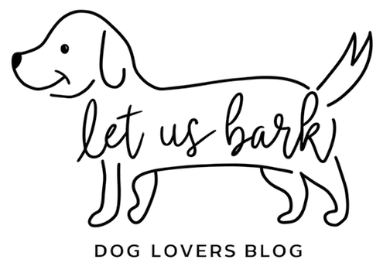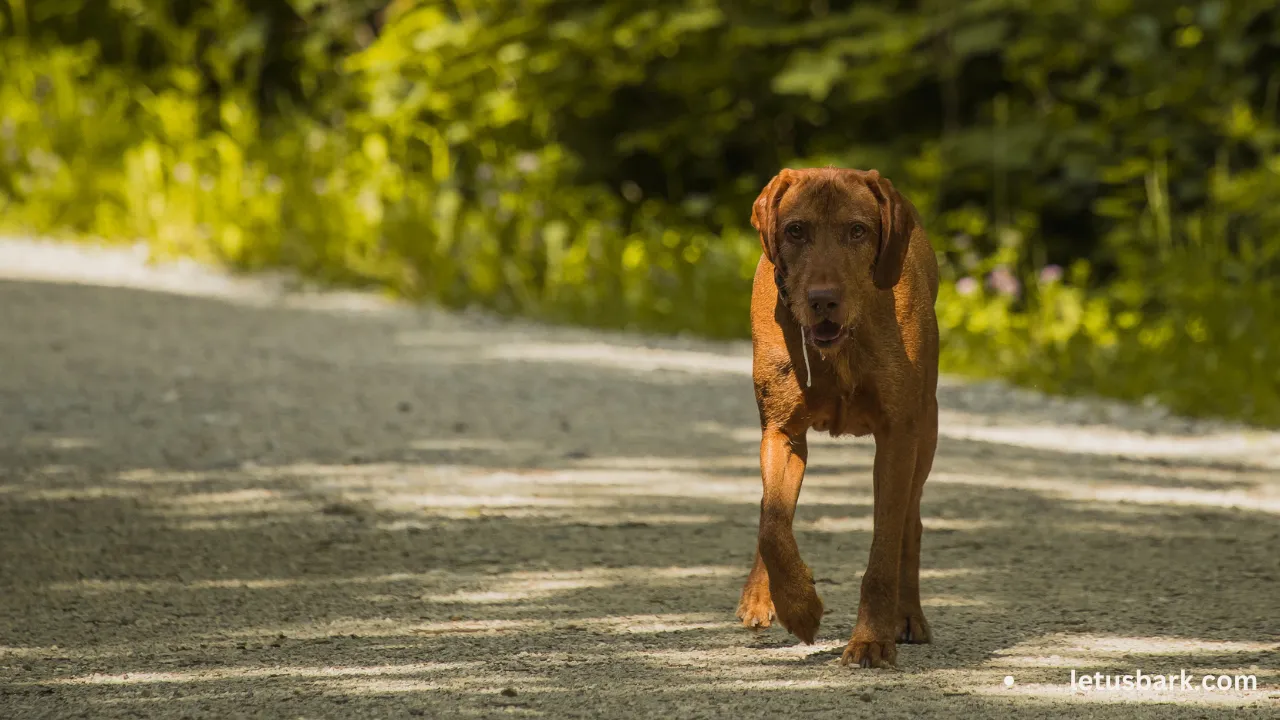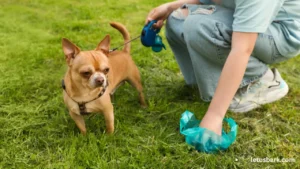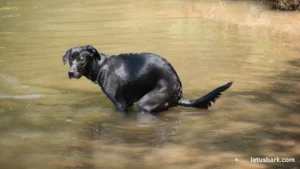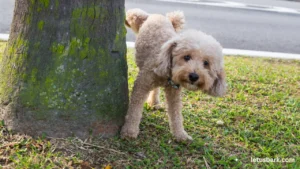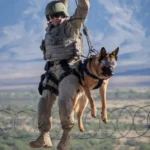Many pet owners have wondered about the healing power of dog saliva when it comes to lick wounds. The act of a dog licking its own wounds has been a subject of curiosity and debate. Can a dog’s saliva actually promote wound healing? Let’s explore the science behind dog saliva and its potential benefits in aiding the healing process of wounds.
Contents
The Antibacterial Properties of Dog Saliva
Dog saliva contains enzymes and antibacterial properties that can help clean wounds and prevent infections. Some studies suggest that certain components in canine saliva may have antiseptic properties that could aid in the healing of minor wounds.
However, it is essential to keep in mind that allowing a dog to lick a wound should be done with caution, as there is a risk of reopening the wound or introducing harmful bacteria.
Understanding Dog Licking Behavior
When it comes to why dogs lick wounds, it’s important to understand that this behavior is a natural instinct for canines. Dogs instinctively lick their wounds as a way to clean them and speed up the healing process. It’s believed that the moisture and enzymes in a dog’s saliva can help remove dirt and debris from the wound, which can be beneficial in preventing infections.
Antibacterial Properties of Dog Saliva
One interesting aspect of dog saliva is its antibacterial properties. Studies have shown that some components in canine saliva have antiseptic qualities that can help kill bacteria and promote wound healing.
However, it’s crucial to be cautious when allowing your dog to lick wounds, as the risk of introducing harmful bacteria or reopening the wound exists.
Benefits and Risks of Allowing Your Dog to Lick Wounds
While there are potential benefits to allowing your dog to lick wounds, such as the antibacterial properties of their saliva, there are also risks involved. Allowing a dog to lick wounds could lead to infections, irritations, or the reopening of the wound.
It’s always best to consult with a veterinarian to determine the most appropriate wound care for your furry friend.
Common Concerns About Dog Licking
One common concern about dog licking is the potential risk of infections. While dog saliva does have antibacterial properties that can aid in wound healing, there is also a risk of introducing harmful bacteria or reopening the wound.
It’s important to strike a balance between the potential benefits of dog saliva and the risks associated with allowing a dog to lick wounds.
Potential Infections from Dog Licking
Allowing a dog to lick a wound can potentially introduce bacteria from their mouth to the wound site, increasing the risk of infections. Bacteria present in a dog’s mouth may not always be harmful, but there is a chance that it could lead to complications if it enters the bloodstream through an open wound.
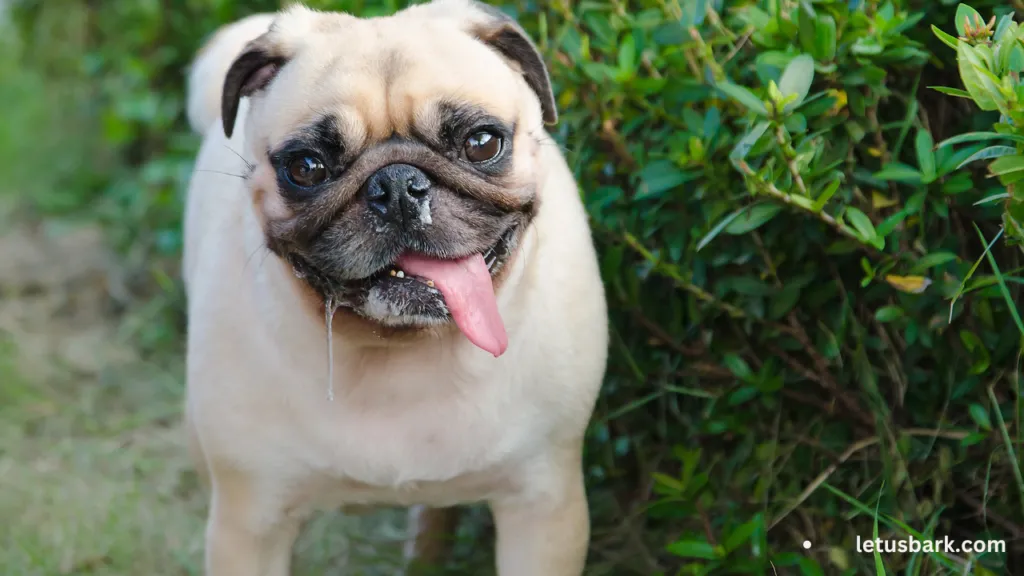
Precautionary Measures to Prevent Infections
To prevent infections from dog licking, it is advisable to clean the wound with a mild antiseptic solution and cover it with a bandage if necessary. Avoiding excessive licking by using deterrent sprays or wearing a cone collar can also help in preventing infections and promoting proper wound healing.
Dealing with Lick Wounds: How to Properly Manage
If your dog licks a wound despite precautionary measures, it is essential to monitor the wound closely for any signs of infection such as redness, swelling, or discharge. Consult a veterinarian if you notice any concerning symptoms, as they can provide guidance on proper wound care and recommend suitable treatment options.
Healing Effects of Dog Saliva
When discussing the healing effects of dog saliva, it’s essential to understand the science behind saliva and wound healing. Dog saliva contains enzymes and antibacterial properties that can promote wound healing.
However, while some components in canine saliva have antiseptic qualities, caution should be exercised when allowing dogs to lick wounds due to the risk of reopening the wound or introducing harmful bacteria.
The Science Behind Saliva and Wound Healing
The antibacterial properties of dog saliva play a crucial role in wound healing. Enzymes and chemicals in a dog’s saliva can help clean wounds, preventing infections and promoting faster healing. Canine saliva has been found to contain certain elements that aid in the healing process, making it a natural remedy for minor wounds.
Comparing Canine and Human Wound Healing Processes
While both canine and human saliva have healing properties, differences exist in the wound healing processes of dogs and humans. Dogs lick their wounds instinctively to remove dirt and debris, promoting healing.
Comparatively, human saliva may lack the same antibacterial properties, making dog saliva more effective in aiding wound healing.
Effective Ways to Speed Up Wound Healing in Dogs
To speed up wound healing in dogs, it’s important to consider proper wound care techniques. While dog saliva can aid in the healing process, precautions should be taken to prevent infections.
Consulting with a veterinary professional for guidance on wound care methods and treatments can help ensure your furry friend heals efficiently.
FAQs
Can I let my dog lick their wounds?
Allowing your canine to lick their wounds is a common instinctual behavior. Dogs have antibacterial properties in their saliva that can help heal wounds faster. However, it’s essential to monitor the wound for signs of infection and consult with a veterinary professional if needed.
Is dog saliva really antibacterial and can it help heal wounds?
Dog saliva does contain some antibacterial properties that can potentially help clean the wound and promote healing. However, it’s important to be cautious as licking wounds excessively can sometimes cause more harm than good.
How should I prevent my dog from licking their wounds?
To prevent your dog from licking their wounds, you can use a bandage or other protective measures to cover the area. Additionally, you can distract your dog with toys or activities to reduce the urge to lick the wound.
Can dog saliva cause infection in human wounds?
While dog saliva does have some antiseptic properties, it also contains chemicals that may lead to infectionshuman wounds. It is advised to clean the wound thoroughly if exposed to dog’s saliva and seek medical attention if necessary.
